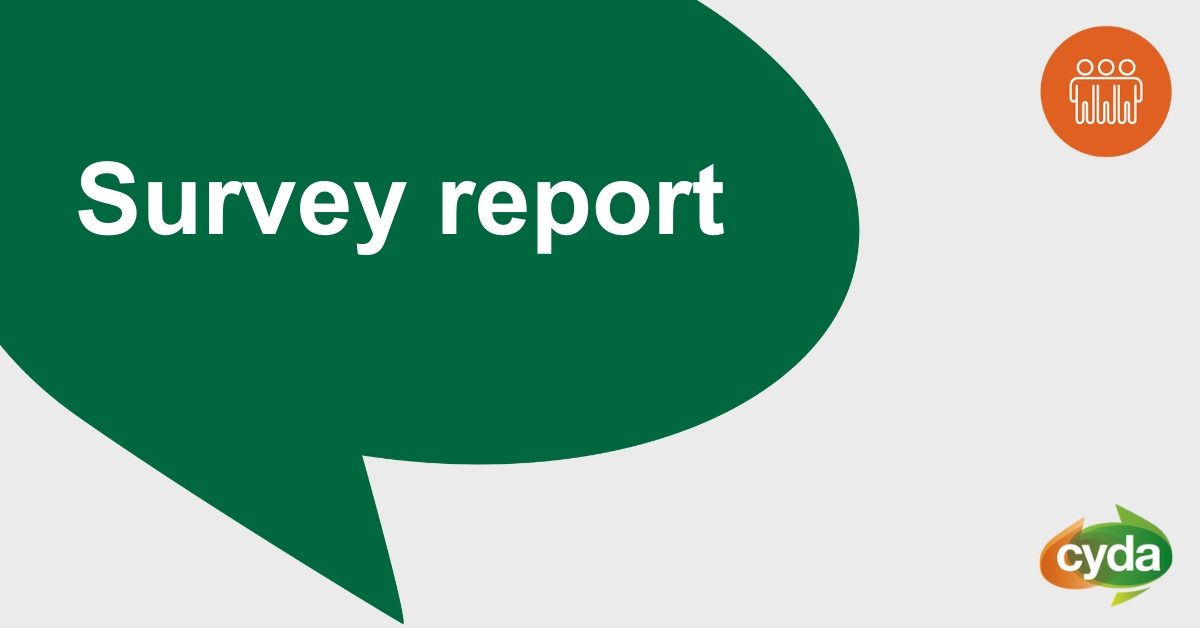This survey, conducted by CYDA, provides vital information on respondents’ experiences when schools had mostly closed due to COVID-19.
It also covers the period of transition back to face-to-face teaching for the majority of students.
We received over 700 responses in total, providing a significant amount of quantitative data, as well as 1,145 free text comments.
You can download our full report, or the summary, using the buttons above.
You can also listen to Ann and Jane’s COVID story by playing the following video (transcript below).
Transcript
Transcript of Ann and Jane’s story. Jane is aged 6, living in Queensland.
“Our family made a decision to self-isolate from the second week of March and that decision was largely based on the fact that our daughter has a statistically higher chance of developing severe respiratory infection due to her disability, so obviously we wanted to do what we could to avoid the threat of COVID.
“Both of our children attend a fantastic primary school, our son is in year 6 and our daughter with disability is in Prep. We believe in authentic inclusion and the right of every child to an education that meets their academic, physical and social needs and our local state school is trying hard to provide all of those things. Our school were supportive of the fact that to reduce the risk of infection for one of our children it was essential to remove both.
“Our decision to self-isolate effectively cancelled our support systems as our parents are all in a high-risk category and our support worker supports other children so the risk of infection if we did not self-isolate seemed high. There’s definitely additional organisation, planning, supervision and time that goes into supporting someone with a disability to achieve their potential and like other families we had to reassess how we could adjust to simply relying on each other in our household. We home educated when we could, took breaks when we needed to and tried to just stay in a positive frame of mind because we recognised, we were in it for the long haul.
“An inclusive experience is so important for our daughter throughout her schooling journey. We didn’t have any peer to peer or teacher to student online interaction during the home learning phase, other than what we initiated with family friends and that is where so many students with disability really come into their own in the school environment. Being amongst peers who she can learn from and with, having people around her to speak up for her when she may be unable to, and generally just enjoying all the benefits of being a 6-year-old that typical society generally takes for granted. By the time the decision was made for Prep students to return to school in week 5 of term 2 our family had been self-isolating for 10 weeks and we were relieved that our daughter would be able to connect socially again.
“We are still unable to help her maintain friendships and to support her before and after school as we are unable to access the school grounds. We are grateful to the school staff who have stepped in to provide that for all students. While we understand the reasons for these restrictions, accessing the school grounds gives a little window into the school day for families whose students who have difficulty communicating and other methods of regular communication can be hit and miss.
“There is a constant weighing up of health, education and trying to ensure that our daughter is experiencing as much of life as other typical children of her age. For us it is that constant search for a delicate balance that is hard to find when striving for inclusion and COVID has made that even more challenging.”


